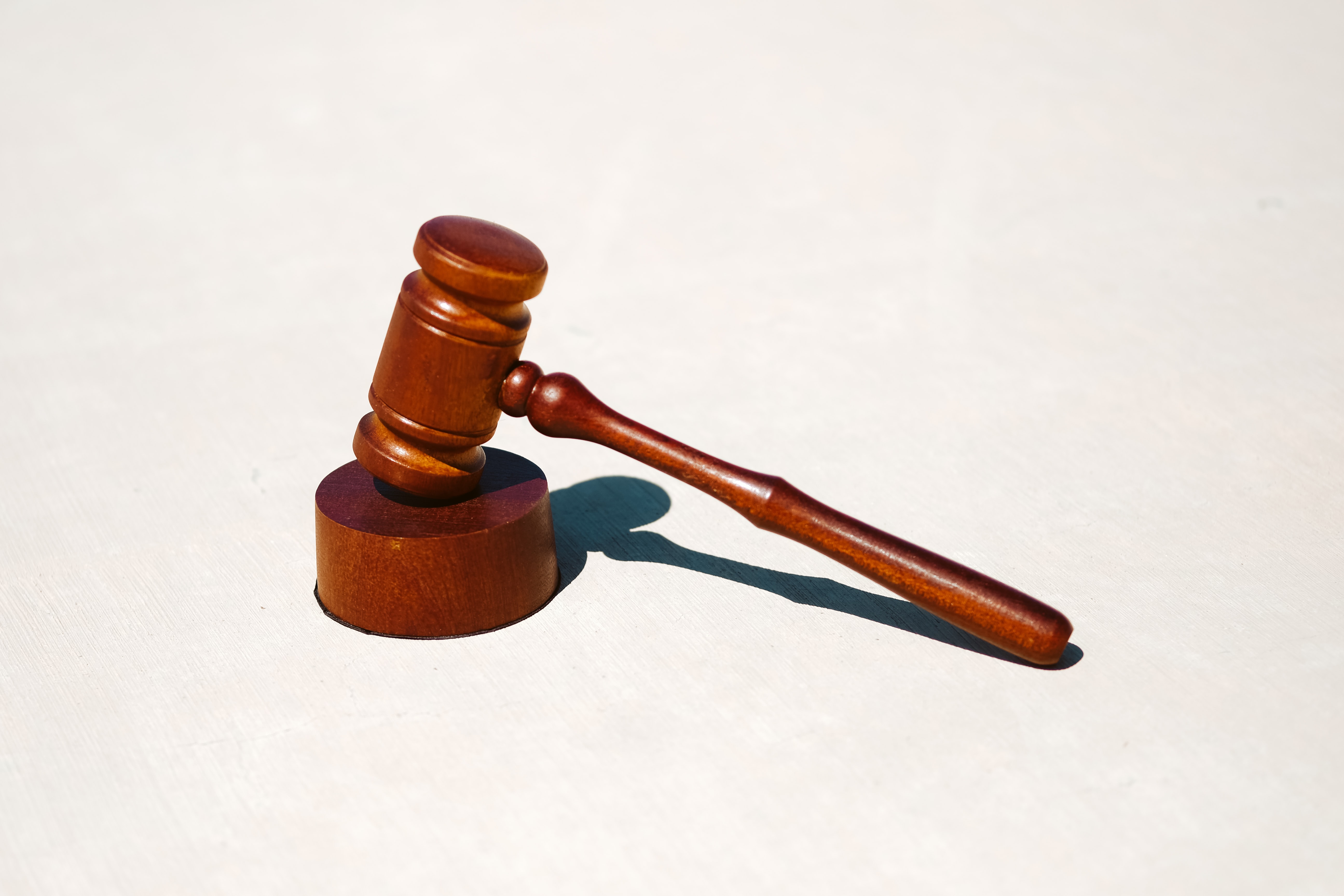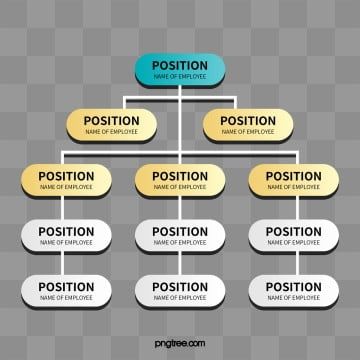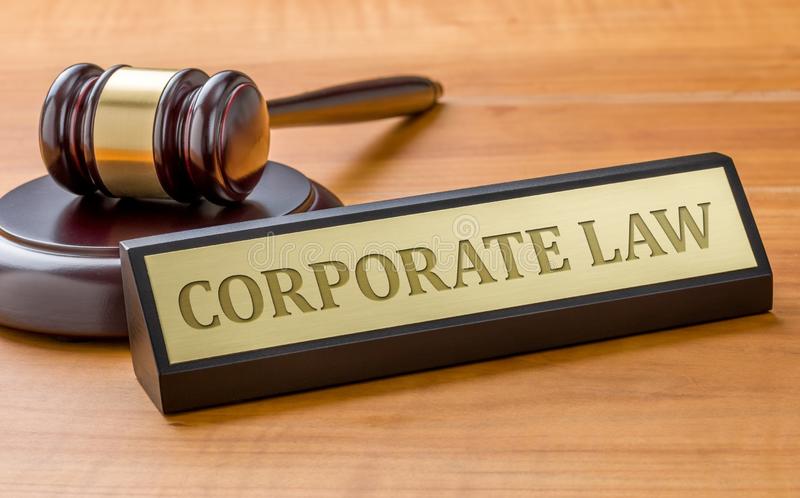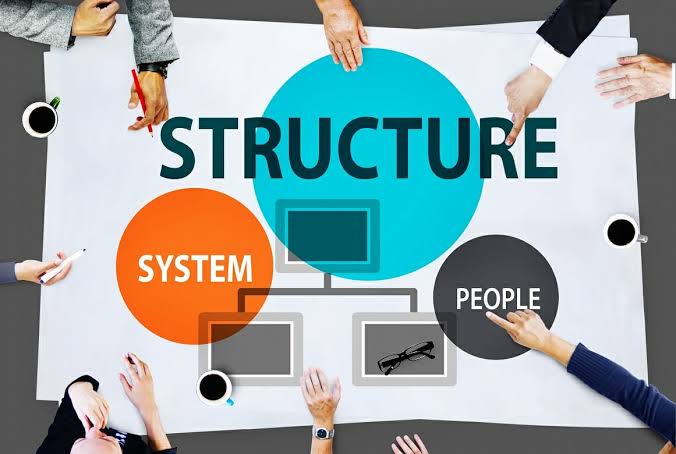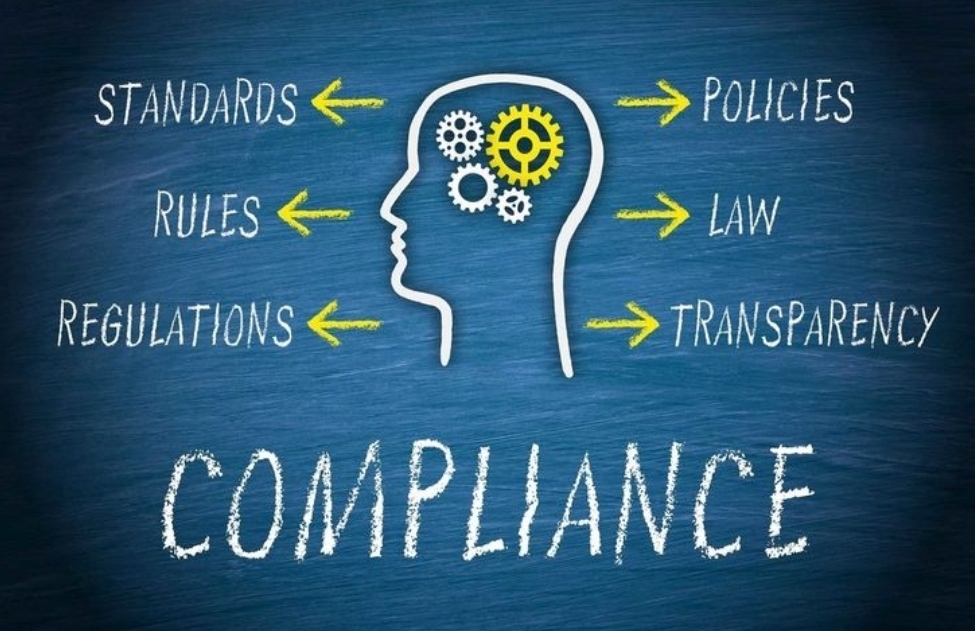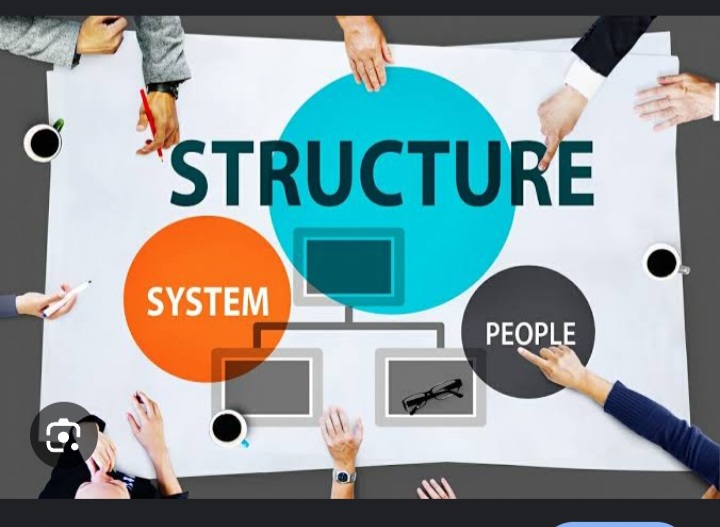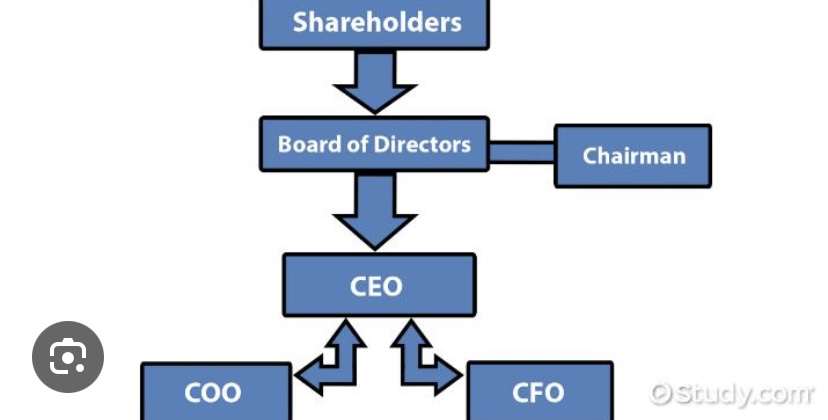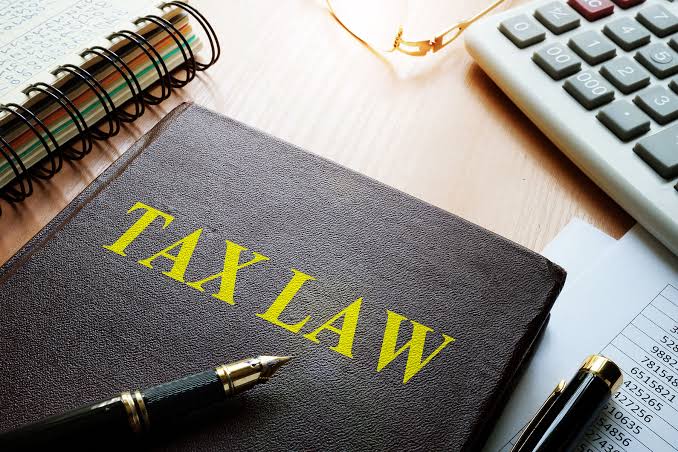
1.0 INTRODUCTION
The concept of taxation in Nigeria would always ring a bell, not just to the minds of those who witnessed it but to the minds of those who are yet to be born. The history of Taxation in Nigeria started with Personal Income Tax in 1904 pre-independence, when Lord Lugard introduced community tax to Northern Nigeria. Community tax became operative through the Revenue Ordinance of 1904. In 1917, after the amalgamation of the Northern and Southern protectorates, the 1904 Revenue Ordinance was replaced by the Native Revenue Ordinance of 1917. However, the provision of the 1917 Ordinance was amended in 1918 and extended to Southern Nigeria particularly, the West and the Mid-West and subsequently to Eastern Nigeria in 1928. Under the Direct Taxation Ordinance of 1940, the assessment and collection of taxes were the primary responsibilities of the native administration and authorities throughout the country and taxes so collected were their main sources of revenue.
Companies Income Tax in Nigeria was introduced in 1939 through the instrumentality of the Companies Income Tax Ordinance. The Companies Income Tax Ordinance of 1939 vested administration of the tax in a commissioner to be appointed for that purpose by the Governor and the proceeds from the tax were to be remitted to the government treasury to form part of the general revenue of Nigeria. Due to the weakness of the Companies Income Tax Ordinance of 1939, It was thereafter repealed a year after its passage by the Income Tax Ordinance of 1940.
1.2 KEYWORDS
NITTY-GRITTY:
Nitty-gritty is what is essential and basic: specific practical details.
TAXLAW:
The phrase “tax law” has no univocal definition. Tax law is body of rules under which a public authority has a claim on taxpayers, requiring them to transfer to the authority part of their income or property. The power to impose taxes is generally recognized as a right of governments. The tax law of a nation is usually unique to it, although there are similarities and common elements in the laws of various countries.
ENFORCIBILITY:
Enforceability is of a law or rule possible to make people obey, or possible to make happen or be accepted.
INCORPORATION:
Incorporation is the legal process used to form a corporate entity or company. A corporation is the resulting legal entity that separates the firm's assets and income from its owners and investors.
CITIZEN:
Citizen is a native or naturalized member of a state or nation who owes allegiance to its government and is entitled to its protection distinguished from alien.
NATIONAL DEVELOPMENT:
The term national development is very comprehensive. It includes all aspects of the life of an individual and the nation. It is holistic in approach. It is a process of reconstruction and development in various dimensions of a nation and development of individuals.
2.0 THE NITTY-GRITTY OF TAX LAW ON INCORPORATIONS
Unquestionably, it is settled that upon incorporation a company assumes corporate entity distinct from it promoters and subscribers. In Salmond v Aaron Salmond & Co Ltd UKHL 1, (1897) AC 22 The court held that “A company is a separate legal entity distinct from its members and so insulating Mr. Salomon, the founder of A. Salomon and Company, Ltd., from personal liability to the creditors of the company he founded. The court also upheld firmly the doctrine of corporate personality, as set out in the Companies Act 1862, so that creditors of an insolvent company could not sue the company's shareholders to pay up outstanding debts”.
However, in Nigeria an incorporation or company is liable to corporate taxation, which implies that incorporation is chargeable to pay tax appropriately and duly. Company Income Tax Act 2020 (as amended) is the principal law that regulates the taxation of companies in Nigeria. The tax regime in Nigeria is a multi-level tax system, which simply means that taxation is administered by the three tiers of government. The Federal Inland Revenue Service (FIRS) administers or oversee the income tax for companies. Companies Income Tax 2020 (as amended) is a tax on the profits of registered companies in Nigeria. It also includes the tax on the profits of foreign companies carrying on any business in Nigeria. The CITA 2020 is paid by limited liability companies inclusive of the public limited liability companies. Resident companies are liable to Corporate Income Tax (CIT) on their worldwide income while non-residents are subject to Corporate Income Tax on their Nigeria-source income. Corporate income tax is based on accounting profits adjusted for tax purposes.
3.0 CLASSIFICATION OF THE ASSESSMENT IN COMPANY TAX
BEST OF JUDGMENT (BOJ): This is the way which tax is assessed by the relevant tax authority in a situation where the tax payable does not have any financial records or returns submitted to the tax authority to base the assessment on. The BOJ means of assessment may be applied since the company's financial records are unreliable.
SELF-ASSESSMENT OF TAX PAYABLE:
This mean of assessing the tax payable is a system where a company pays tax by instalment and is permitted by the relevant tax authority to estimate the company's chargeable income and tax payable for that year of assessment. Self-assessment of tax payable is provided for under section 53 of the Company Income Tax Act 2020 (as amended).
THE CURRENCY OF ASSESSMENT: This makes provision for the currency of assessment of tax payable by a company as stated under section 54. Under this section, the Act provides that, notwithstanding anything to the contrary in any law, an income tax assessment under sections 52, 53 or 55 of this Act shall be made in the currency in which the transaction giving rise to the assessment was effected.
4.0 COMPANY INCOME TAX RATES
The Company Income Tax Act 2020 (as amended) is currently charged at the rate of 30% for companies having more than N100 Million Naira turnover. It is also charged at the rate of 20% for companies with a turnover between N25 Million and N100 Million. The tax is assessed on a preceding year basis (i.e. tax is charged on profits for the accounting year ending in the year preceding assessment).
The companies having less than N25 Million turnover are not liable to pay company income tax in line with the Finance Act 2019. In respect of business profits, a non-resident company that has a fixed base or a permanent establishment in Nigeria is taxable on the profits attributable to that fixed base. As such, it is required to register for Company Income Tax Act 2020 (as amended) and file its tax returns.
5.0 ALLOWABLE DEDUCTIONS UNDER COMPANY INCOME TAX ACT
There are certain deductions that are allowable. Section 24 of Company Income Tax Act 2020 (as amended) fully encapsulates the deductions allowable in determining the taxable profits of the company. Section 24 provides that "save where the provisions of subsection (2) or (3) of section 14 or 16 of this Act apply, for the purpose of ascertaining the profits or loss of any company of any period from any source chargeable with tax under this Act, there shall be deduction all expenses for that period by that company wholly, exclusive, necessarily and reasonable incurred in the production of those profits." Section 24 further includes the following categories of deductions:
(a) any sum payable by way of interest on any money borrowed and employed as capital in acquiring the profits;
(b) rent for that period, and premiums the liability for which was incurred during that period, in respect of land or building occupied for the purposes of acquiring accommodation occupied by employees of the company.
(c) in the case of any property-holding company expenses attributable to the maintenance of the property, directors' remuneration, which shall not exceed N10,000 per annum in respect of each director, and the number of directors to be so remunerated shall in no case exceed three;
(d) any outlay or expenses incurred during the year in respect of salary, wages, or other remuneration paid to the senior staff and executives cost to the company of any benefit or allowance provided for the senior staff and executives which shall not exceed the limit of the amount prescribed by the collective agreement between the company and the employees.
(e) Any expenses incurred for repair of premises, plant, machinery or fixtures employed in acquiring the profits.
(f) Bad debts incurred in the curse of a trade or business proved to have become bad during the period for which the profits are being ascertained.
(g) Any contribution to a pension, provident or other retirement benefits fund, society or scheme approved by the Joint Tax Board under the powers conferred upon it by paragraph (g) of section 85 of the Personal Income Tax Act.
(i) in the case of profits from a trade or business, any expense or part thereof
(i) the liability for which was incurred during that period wholly, exclusively, necessarily and reasonably for the purposes of such trade or business and which is not specifically referable to any other period or periods, or
(ii) the liability for which was incurred during any previous period wholly, exclusively, necessarily and reasonably for the purpose of such trade or business and which is specifically referable to the period of which the profits are being ascertained;
Section 25 and 25 (a) of Company Income Tax Act 2020 (as amended) also provide for deductions of donations made to fund, body or institutions in Nigeria for the purpose of ascertaining the profits. Section 26 of the Company Income Tax Act 2020 (as amended) permits a deduction for the purpose of research and development, provided such a deduction does not exceed 10% of the profit ascertained before any deductions.
6.0 DEDUCTIONS NOT ALLOWED
Section 27 of the Company Income Tax Act 2020 (as amended) addresses the deductions not allowed in ascertaining a company's profits. The section provides as follows:
“Notwithstanding any other provision of this Act, no deduction shall be allowed for the purpose of ascertaining the profits of any company in respect of-capital repaid or withdrawn and any expenditure of a capital nature;
any sum recoverable under an insurance or contract of indemnity; taxes on income or profits levied in Nigeria or elsewhere, other than tax levied outside Nigeria on profits which are also chargeable to tax in Nigeria where relief for the double taxation of those profits may not be given under any other provision of this Act;
any payment to a savings, widows and orphans, pension, provident or other retirement benefit fund, society or scheme except as permitted by paragraph (g) of section 24 of this Act;
the depreciation of any asset;
any sum reserved out of profits, except as permitted by paragraph (f) of section 24 or 25 of this Act or as may be estimated to the satisfaction of the Board, pending the determination of the amount, to represent the amount of any expense deductible under the provisions of that section, the liability for which was irrevocably incurred during the period for which the income is being ascertained;
any expense of any description incurred within or outside Nigeria for the purpose of earning management fee unless prior approval of an agreement giving rise to such management fee has been obtained from the Minister;
any expense whatsoever incurred within or outside Nigeria as management fee under any agreement entered into after the commencement of this section except to the extent as the Minister may allow;
any expense of any description incurred outside Nigeria for and on behalf of any company except of a nature and to the extent as the Board may consider allowable.
7.0 COMPUTATION OF ADJUSTED PROFIT
Adjusted profit is computed after adding back, disallowed expenses and deducting allowable expenses and incomes exempted. The value derived from this computation is the adjusted profit and at this point, the education tax rate can also be deducted. The education tax rate is 2% of the adjusted profit.
8.0 TAXABLE PROFIT
After arriving at the adjusted profit, there is a need to compute the taxable profit. Thus, the taxable profit is arrived at after adding the balancing charge to the adjusted profit while subtracting the capital allowance and loss relief. The value derived from this computation is the taxable profit and at this point, the relevant tax rate can be applied.
9.0 ENFORCIBILITITY OF TAX LAW ON INCORPORATIONS AND CITIZENS
1. BY WAY OF SEARCH AND SEIZURE
2. BY WAY OF TAX CLEARANCE CERTIFICATE
3. BY WAY OF TAX LITIGATION
BY WAY OF SEARCH AND SEIZURE:
This position allows tax authorities to search and seize properties of tax defaulters. The Court of Appeal, Benin Division on 28th May, 2014 in the case of Independent Television Radio v. Edo State Board of Internal Revenue (2014)LCN 7241 CA declared that “section 104 of the Personal Income Tax Act (as amended), which authorises tax authorities to seize properties of income tax defaulters, is constitutional. The section also allows tax authorities to apply to a judge of a High Court ex parte (that is, without putting the tax defaulter on notice) for an order to levy warrant of distrain against an income tax defaulter”. Upon the judge granting the order, the tax authority proceeds to confiscate or seize the property of the tax defaulter. It will hold or take charge of the property for 14 days before disposing same by another order of court.
BY WAY OF TAX CLEARANCE CERTIFICATE:
Apart from the fact that the government clearly make use of tax paid for the betterment of the society, such as provisions of good roads, constant electricity, and also the fact that one can be punished for not paying tax under the law, there are several other benefits to be derived from paying taxes and obtaining Tax Clearance Certificate evidencing it, which include:
To obtain loans from the government for business or trade
To obtain a certificate of occupancy for a land
To apply for a trade license
To apply for contracts from the government or agencies of the government and government-owned companies
To obtain foreign exchange and related issues
To obtain an import or export license To obtain a gaming license
To obtain an agent license
To be registered as a contractor
To be appointed into a public office position
BY WAY OF TAX LITIGATION:
The Court of Appeal in the case of SNEPCO and 3 Others v. Federal Inland Revenue Service (2012) CA 208 recently upheld the decision of the Federal High Court that; “disputes over company taxation are exclusive to the Federal High Court and, thus, are not arbitrable as they pertain to the revenue accruing to the sovereign government”.
In the course of prosecuting a civil dispute, where evidence of possible criminality is discovered, details of the dispute will be forwarded to the Department of Public Prosecution for necessary actions. Remedies available on tax disputes could include quashing the contested assessment, damages, cost of action, penalties, interest, fine, etc.
10.0 TAX LAW AND THE CITZENS
Every individual, whether resident or non-resident in Nigeria, persons in paid employment or businesses, or persons who derive their income from Nigeria, as well as companies that operate in Nigeria, are all liable to pay tax. Failure to deduct and remit tax or failure to pay taxes of any kind as the case may be attracts punitive fines and penalties. Like other countries, the main function of the Nigerian tax system is to generate revenue for the running of the government at all levels and provide infrastructure to the public. Effective tax drive is achieved through an efficient tax administration and tax system reforms. These elements also create a tax culture, reduced incidences of corruption and tax evasion.
Section 24 (f) of the Constitution of the Federal Republic of Nigeria 1999 (as amended) accrues duty to pay tax on the citizens therein the Federal Republic of Nigeria. The Personal Income Tax Act (2011) is an Act that imposes tax on individuals, communities, families, executors, and trustees subject under Section 1 (1) of the Act.
11.0 THE PROS OF TAX LAW ON NATIONAL DEVELOPMENT
Experts have said that tax is to a country what oxygen is to an individual. Without it, many nations would not survive. For that reason, countries across the globe ensure that its citizens pay their taxes. Taxes help foster economic growth and development. Governments need sustainable sources of funding for social programs and public investments. Programs providing health, education, infrastructure and other services are important to achieve the common goal of a prosperous, functional and orderly society.
HEALTH
Without taxes, government contributions to the health sector would be impossible. Taxes go to funding health services such as social healthcare, medical research, social security, etc.
EDUCATION
Education could be one of the most deserving recipients of tax money. Governments put a lot of importance in development of human capital and education is central in this development. Money from taxes is channeled to funding, furnishing, and maintaining the public education system.
GOVERNANCE
Governance is a crucial component in the smooth running of country affairs. Poor governance would have far reaching ramifications on the entire country with a heavy toll on its economic growth. Good governance ensures that the money collected is utilized in a manner that benefits citizens of the country. This money also goes to pay public servants, police officers, members of parliaments, the postal system, and others. Indeed, with a proper and functioning form of government, there will be no effective protection of public interest.
Other important sectors are infrastructure development, transport, housing, etc. Apart from social projects, governments also use money collected from taxes to fund sectors that are crucial for the wellbeing of their citizens such as security, scientific research, environmental protection, etc. Some of the money is also channeled to fund projects such as pensions, unemployment benefits, childcare, etc. Without taxes it would be impossible for governments to raise money to fund these types of projects. Furthermore, taxes can affect the state of economic growth of a country. Taxes generally contribute to the gross domestic product (GDP) of a country. Because of this contribution, taxes help spur economic growth which in turn has a ripple effect on the country’s economy; raising the standard of living, increasing job creation, etc. Governments also use taxes as a deterrent for undesirable activities such as the consumption of liquor, tobacco smoking, etc. To achieve this, governments impose high excise levies on these products and as a result, raise the cost of these products to discourage people from buying or selling them.
BUSINESSES
For business to flourish in the country, there has to be good infrastructure such as roads, telephones, electricity, etc. This infrastructure is developed by governments or through close involvement of the government. When governments collect money from taxes, it ploughs this money into development of this infrastructure and in turn promotes economic activity throughout the country.
The concept of taxation is also important to businesses because governments can fund this money back into the economy in the form of loans or other funding forms. Taxes help raise the standard of living in a country. The higher the standard of living, the stronger and higher the level of consumption most likely is. Businesses flourish when there is a market for their product and services. With a higher standard of living, businesses would be assured of a higher domestic consumption as well. Taxes are essential and every citizen is meant to reap benefits of these taxes. This is why it is important that citizens endeavor to pay taxes and understand that it is meant to be more than just a “money grab” from the government.
12.0 FRANK OKIKE’S THEORY ON TAXATION
“THE HIGHER THE TAX RATE IN A COUNTRY THE HIGHER THE LAW, CITIZENS, INCORPORATIONS AND NATIONAL DEVELOPMENT OF A COUNTRY. A COUNTRY’S SURVIVAL IS DEPENDENT ON THE RATE OF TAX LEVIED IN HER COUNTRY”.
13.0 CONCLUSION
Conclusively, the concept of taxation cannot be over emphasized. Citizens, incorporations should see the need to pay and summit wholeheartedly to the tax authorities whether at the state or federal level. However, individuals should also ensure they get their respective tax certificates and clearance to strengthen their chances of getting huge loans from different cooperative bodies.
In Nigerian Breweries PLC v FIRS (2016) 24 TLRN 40 3 at page 43 the court held that “where there is ambiguity in tax statutes, it should be resolve in favor of the taxpayers”. Tax officers and the court should also see the need to resolve matters arising as a result of ambiguity in the interpretation of tax statutes.
BIBLIOGRAPHY
BOOKS/ PAPER PRESETATIONS/ARTCLES
Fasoto, F. (2007). Nigerian taxation. Lagos: Hosrtosaf Limited
ICAN Study Pack: Advanced taxation for Professional Examination II. Ibadan: VI Publishing Limited
Nigeria: Brief Overview Of Company Income Tax In Nigeria (2020) by Resolution Law Firm
The Tax Disputes and Litigation Review: Nigeria Etigwe Uwa, Adeyinka Aderemi, Vincent Owhor and Agbada S Agbada Streamsowers & Köhn 23 February 2022
CASELAWS
SALMOND V ARON SALMOND & CO LTD UKHL 1, (1897) AC 22
INDEPENDENT TELEVISION RADIO V. EDO STATE BOARD OF INTERNAL REVENUE (2014)LCN 7241 CA
SNEPCO AND 3 OTHERS V. FEDERAL INLAND REVENUE SERVICE (2012) CA 208
NIGERIAN BREWERIES PLC V FIRS (2016) 24 TLRN 40 3 AT PAGE 43
STATUTES
Section 53 of the Company Income Tax Act 2020 (as amended)
Section 24 of the Company Income Tax Act 2020 (as amended)
Section 16 of the Company Income Tax Act 2020 (as amended)
Section 14 of the Company Income Tax Act 2020 (as amended)
Section 26 of the Company Income Tax Act 2020 (as amended)
Section 25 (25) of the Company Income Tax Act 2020 (as amended)
Section 24 (f) of the Constitution of the Federal Republic of Nigeria 1999 (as amended)
Section 1 (1) of the Personal Income Tax Act (2011)
Personal Income Tax of 1904
Revenue Ordinance of 1904
Native Revenue Ordinance of 1917
Direct Taxation Ordinance of 1940
Companies Income Tax Ordinance of 1939
Income Tax Ordinance of 1940
INTERNET MATERIALS
https://www.merriam-webster.com/dictionary/nitty-gritty; Accessed through the internet on O1/02/2024 at 10:14am.
https://www.britannica.com/topic/tax-law; Accessed through the internet on 01/02/2024 at 10:14am.
https://dictionary.cambridge.org/dictionary/english/enforceable; Accessed through the internet on 01/01/2024 at 10:15am.
https://www.investopedia.com/terms/i/incorporate.asp; Accessed through the internet on 01/02/2024 at 10:17am.
https://www.dictionary.com/browse/citizen; Accessed through the internet on 01/02/2024 at 10:18am.
https://www.yourarticlelibrary.com/society/national-development-meaning-and-problems/76824; Accessed through the internet on 01/02/2024 at 10:26am.
https://www.mondaq.com/nigeria/tax-authorities/976992/brief-overview-of-company-income-tax-in-nigeria; Accessed through the internet on 01/02/2024 at 12:38PM.
https://www.resolutionlawng.com/how-to-obtain-tax-clearance-certificate-in-nigeria; Accessed through the internet on 01/02/2024 at 3:36PM.
https://www.blueprint.ng/understanding-citizens-obligation-in-tax-payment/; Accessed through the internet on 01/02/2024 at 4:11PM.
https://www.mondaq.com/nigeria/tax-authorities/870372/basic-principles-of-taxation-in-nigeria: Accessed through the internet on 01/02/2024 at 4:17PM.
https://richardkleincpa.com/importance-of-taxes/: Accessed through the internet on 01/02/2024 at 4:37PM.

